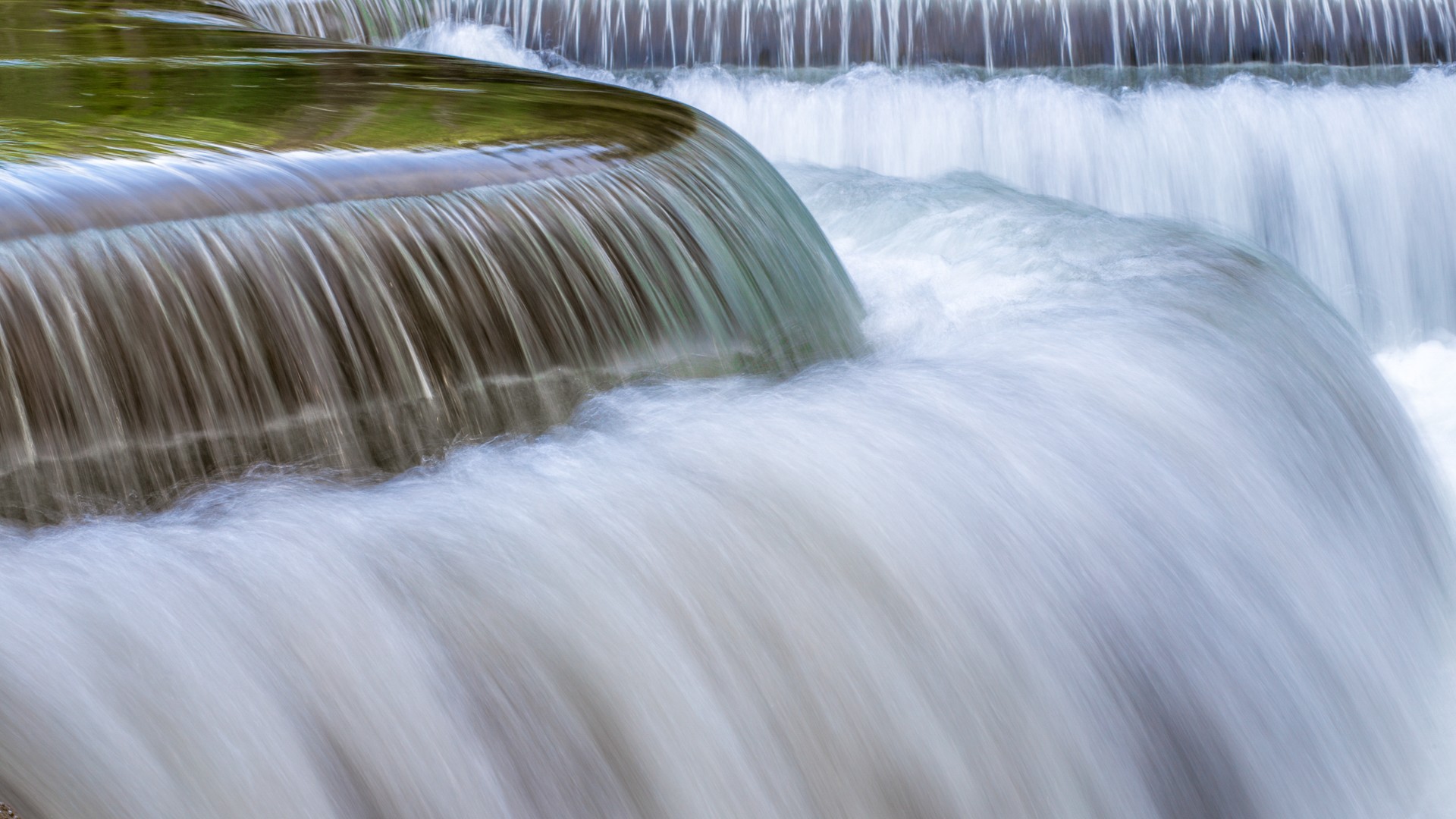
Civil engineers play a crucial role in developing infrastructure and supporting human development in a sustainable manner. Issues such as soil and water contamination, lack of access to safe drinking water, and unsustainable use of resources remain major obstacles to global sustainability, while the growing threat of climate change and problems arising from rapid urbanisation pose new challenges.
This master’s programme is a response to the enormous societal need for qualified competence in the planning, design, construction, and maintenance of infrastructure systems.
Infrastructure and environmental engineering, master's programme at Chalmers
Infrastructure and environmental engineering is an interdisciplinary field that includes; traffic and road engineering, urban metabolism, water system engineering, engineering geology, geotechnical engineering, environmental engineering and sustainability.
Investments in infrastructure also form a considerable part of the global economy. Hence safe, economic and sustainable development requires continued progress in civil engineering with a specialisation towards infrastructure and environment.
To meet this societal need for qualified competence in planning, design, construction and maintenance of infrastructure systems in soil and water, this programme promotes the personal development of knowledge, skills and attitudes that are needed to start working as a professional engineer in the field of infrastructure and environmental engineering. An important task is to be knowledgeable and responsible for the interface between urban development and the environment.
Sweden is surrounded by one of the planet’s most sensitive ocean environments and a landmass consisting mainly of fractured rock and complex glacial sediments, including soft clays. This has given us some of the strictest environmental and building regulations in the world. This gives Sweden a very good reputation within the field and the programme a nationally and internationally unique profile. We are closely linked to several research projects and the majority of our faculty conduct research.
What we learn can be applied to real-world scenarios, for example, how the traffic runoff with contaminants would go through pathways to the stormwater

Topics covered
The subjects of sustainable environment and water system engineering are fundamental areas in the Infrastructure and environmental engineering master’s programme. The courses included in the programme plan handle topics such as wastewater, traffic and road engineering, urban metabolism, geotechnics, engineering geology, geotechnical engineering, environmental engineering and sustainability.
Career
With a master’s degree in Infrastructure and environmental engineering, you will usually work with design, maintenance, construction and research in the field of civil and environmental engineering. Others may attain supervisory or administrative positions, especially on an international level.
Civil and environmental engineers with a strong background in both infrastructure and environmental engineering are sought after and will be so also in the future, both nationally and internationally. Our previous students have had a high level of employability within companies like; Sweco, Skanska, NCC, Veolia, Göteborg kretslopp och vatten, and Trafikverket, to name a few.
In Sweden, many large infrastructure projects are planned, including road and railway construction, traffic planning, upgrading of drinking water and wastewater plants, remediation of contaminated sites. Other fields of work are; the protection of soil and water resources, the foundation of structures and buildings, tunnels, and the design of drinking water and wastewater treatment plants and distribution systems.
Adaptation to climate change and urbanisation will increase the need even further. Internationally there is an immense continued need for competent engineers in this sector, both within and perhaps even more outside Europe.
Research
The courses in the programme have strong links to the research at the divisions of Water environment technology and geoengineering at the department of Architecture and civil engineering.
Research and teaching in the fields covered by the programme are carried out in close cooperation with industry and authorities.
Cooperation is also conducted by several research centres: Infrastructure Competence Centre; FRIST: Forum for Risk Investigation and Soil Treatment; DRICKS: Framework Programme for Drinking Water Research at Chalmers; and FUD Swedish Network of Excellence in Road Planning and Design. We also collaborate with Gryaab AB, the municipality-owned company running Ryaverket, one of the largest wastewater treatment plants in Scandinavia. Together we are part of a cluster, including Lund University and several wastewater companies in the southern part of Sweden. Chalmers is also a partner in EC/FP7 funded Industry-Academia Partnerships and Pathways project CREEP (Creep of Geomaterials), with partners in Norway (NTNU, NGI), China (Shanghai Jiao Tong University & Cold and Arid Regions Environmental and Engineering Research Institute, Chinese Academy of Sciences) and the Netherlands (Deltares). Together with the department of Architecture, we are also part of the large research projects Homes for tomorrow (h42) and Living Lab dealing with our future homes. The department also undertakes research projects aimed at improving infrastructures and basic service provision in developing countries such as Bolivia.
During the master’s thesis project, our students often participate in research projects and the master’s programme has a natural continuation in the PhD programmes within specialisations like geotechnical engineering, engineering geology, sustainable aquatic systems, water system analysis and water process technology, contamination and remediation and urban metabolism.
Find out more about research in Architecture and civil engineering
Requirements

How to apply - From application to admission
This is a step-by-step guide on how to apply for a Master's programme at Chalmers University of Technology.

